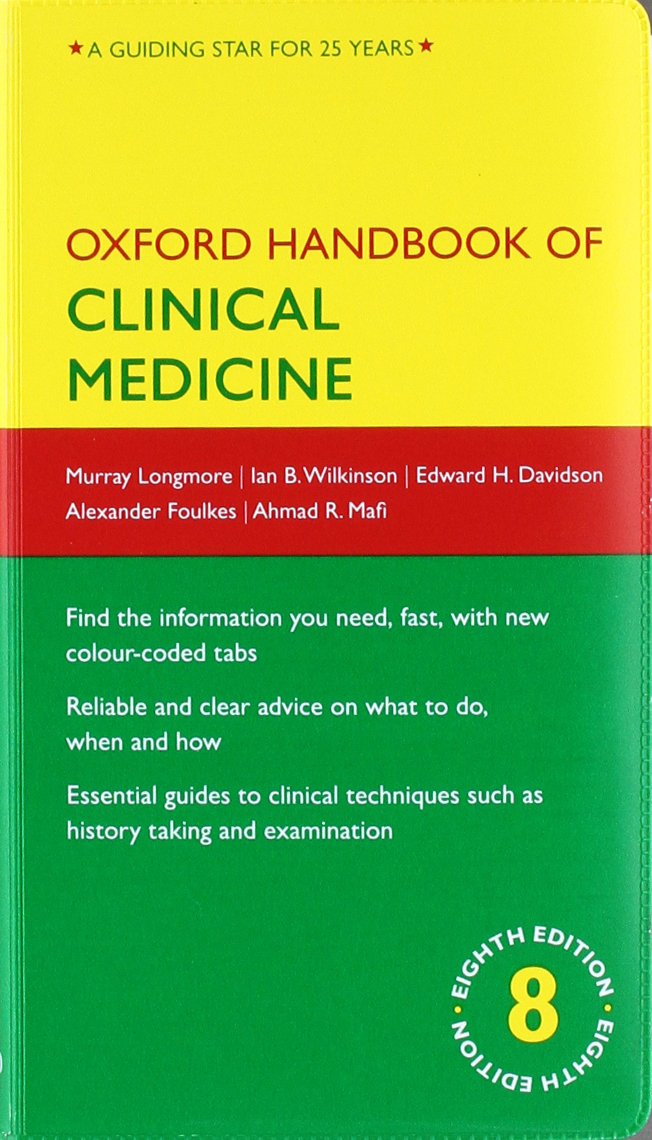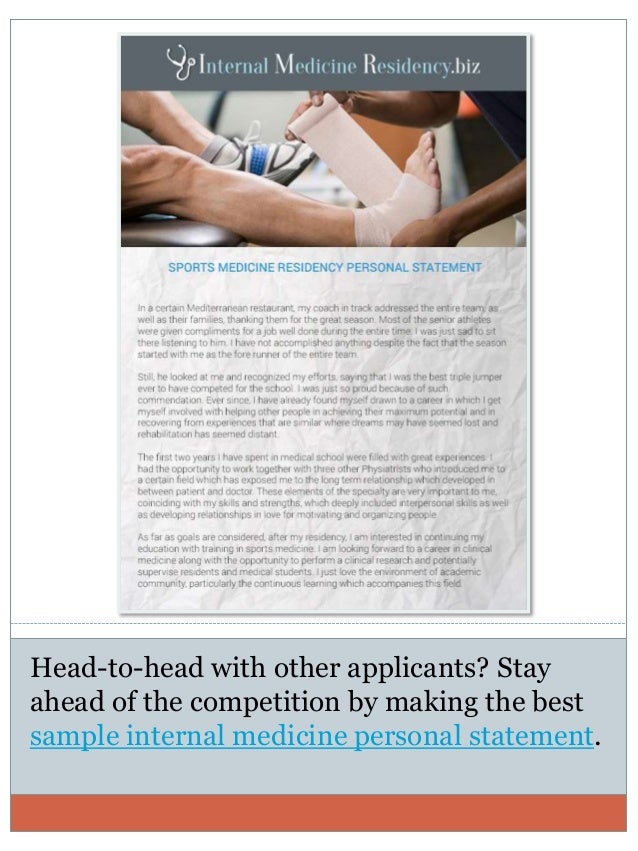Best Handbook Internal Medicine
These are the most recommended best Internal Medicine books for medical students, residents and attendings by surveying many of the US residency program directors and faculty. This list is intended to be a first aid and to guide the medical students, internal medicine residents and attendings to the books which they need to get to ace in there rotations and practice. The list is divided into four categories.
These are the most recommended best Internal Medicine books for medical students. Pocket Medicine: The Massachusetts General Hospital Handbook of Internal Medicine. 1 Lake Cumberland Regional Hospital Internal Medicine Handbook Note The content of a manual does not constitute nor should it be construed as a promise of. 1 Lake Cumberland Regional Hospital Internal Medicine Handbook Note The content of a manual does not constitute nor should it be construed as a promise of.
The first one is for the pocket books that you can carry at any level of education or practice. The second group is for medical students doing their internal medicine rotations, for shelf exams and for those going for interviews, you will be asked which books you have on the shelf so be prepared. The third list is for the internal medicine residents and attendings for their daily reading and reference. The fourth group is for the people preparing for the internal medicine board exam. For all other specialties please check the link tabs on the top of this page. Pocket Books Books for Medical Students for IM rotations Books for Internal Medicine Residents and Attendings Books for Internal Medicine Board Exam Review.
This post is part of our series on the best books and resources to help you perform well on your third year rotations and shelf exams. Also check out our lists for clerkships in, and. You can also check out our complete list of 'Best Books' lists for medical students. Background: Clerkship Grades At the beginning of each of these clerkship lists there are a few things I must say. First, your grade on clinical rotations will depend on both your clinical performance and your performance on a shelf exam at the end of the rotation.
While it is true that how you work with your teams and patients will play into your evaluation, there is no denying that your knowledge of the subject matter is, by far, the most important part of your final grade because it directly affects both of these two areas of evaluation. As a resident, I currently find myself filling out medical student evaluations every week. There are very few 'incredible' medical students and very few 'terrible' medical students.

The vast majority of you (95%) fit into the 'good and easy to work with' group; the only thing you have to set you apart from others is your knowledge base. You have no alternative but to study!
Is a great resource to understand the dynamics of your clinical rotations, I highly recommend it. Essential Resources The resources I will describe in the clerkship lists are books and online question banks. From the onset let me point out two indespesible resources that I will not list for each rotation individually. First, I consider a great online question bank essential. Both Kaplan and USMLE World are very good products. I highly recommend purchasing a one year subscription to one of these USMLE Step 2 question banks.
As you complete your third year rotations, these question banks will prepare you for 1- your clinical duties, 2- your rotation shelf exam, and 3- the USMLE Step 2 during your fourth year. Second, online review materials (e.g., etc.) are essential resources to prepare for your patients in the hospital. The books and question banks can never provide the type of in-depth detail about disease processes that you will need to learn how to properly take care of your specific patients. To be a great medical student, you must prepare more profoundly for the diseases you are encountering personally in the hospital. Book Series for Third Year Medical students are not all made the same; we are all very different learners. There are a number of companies producing review materials for third year medical students, each with a slightly different focus. Each of these companies produce a different book for each clerkship.
Gulf Stream Chronicles: A Naturalist Explores Life In An Ocean River

W. H. Wilson Tang
Interestingly, some companies' books are rated higher in some clerkships than others. If you find a product that works for you, consider sticking with it during your third year even if that product is not 'rated' as highly for a specific clerkship. Below are a few of the review products and their features.: A unique teaching model; the Case Files series introduces a number of important clinical cases and follows them up with clinical pearls and important concepts. For students who need vivid clinical situations to remember factoids and concepts, this is a great series. ( ).: The PreTest series is a classic question bank format with questions and detailed explanations.
As I previously mentioned, I believe there is no substitute for a great question bank. While an online resource (USMLE World or Kaplan) can be more robust and mobile, a good question book is still a great option. The PreTest series produces a couple fantastic question banks.: The BluePrints series has a beautiful format that is very easy to read. The text is laid out in a bulleted lists, but with more details and descriptions than the First Aid series with which most students are familiar. I think very highly of these review books.: The First Aid series well known to most students also produces review books for third year clerkships. The content is similar to what students are used to, bulleted lists of high yield information. While I highly recommend many of the First Aid review books for USMLE Step preparation, the books are not quite as widely read and recommended for clerkships.
Best Books for Internal Medicine Rotation So, we agree that books are not sufficient for success on your clerkships, but they are still an incredible resource that you should tap into. Lets review the best books and resources for your Internal Medicine rotation. These lists come from both my experience and also from one medical school's annual survey of its 250 graduating medical students who try to detail which resources were the most useful on their rotations.
There are actually a number of great resources to help you prepare for the internal medicine rotation and shelf exam. The exam will focus heavily on inpatient internal medicine but you can not completely disregard the outpatient material. Step-Up to Medicine: The reputation of the Step-Up series for the medicine rotation is tried an true. It has been a stable of medical student study lists for decades and continues to produce a well-recieved review manual that I consider as close to a 'must-have' as there is in the third year of medical school. MKSAP Book or Online Q-Bank: These questions are produced by the Internal Medicine governing body, the American College of Physicians (ACP). The is a well known resource, but recently the ACP released a of the MKSAP questions that can be used any of your electronic devices or computers. Internal Medicine Essentials for Students: This book was a collaboration of the American College of Physicians in conjunction with the Internal Medicine clerkship directors from across the country.
The clerkship directors lay out a plan to succeed while on your medicine rotation. As you might expect, the content is very relevant and is generally ranked very highly by students. Case Files Internal Medicine: Most students agree that the case-based CaseFiles series is very good for the medicine shelf exam. I would rate this book very highly and feel like it was specifically responsible for a few correct answers on my shelf exam.
